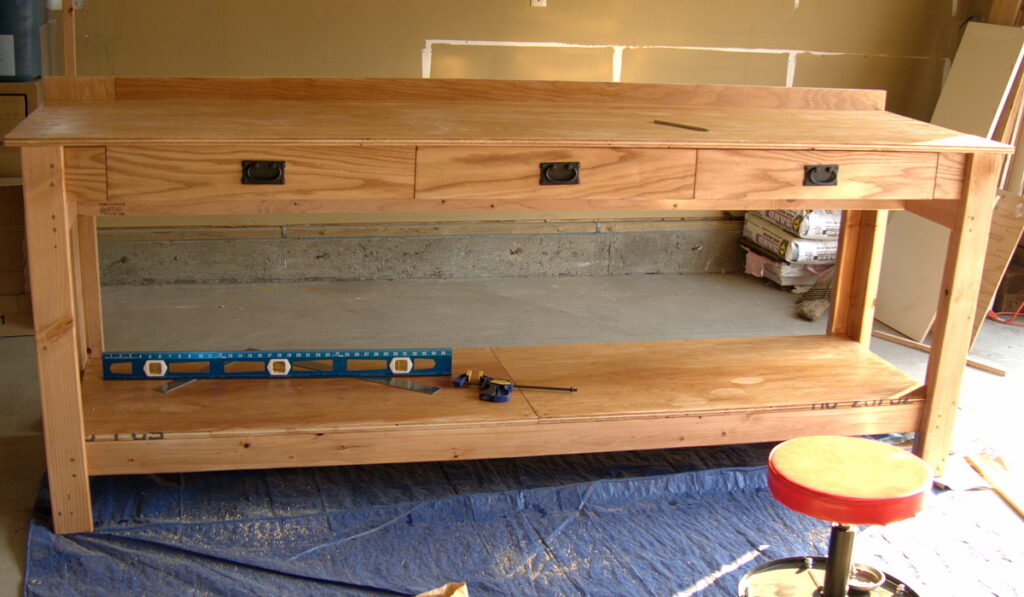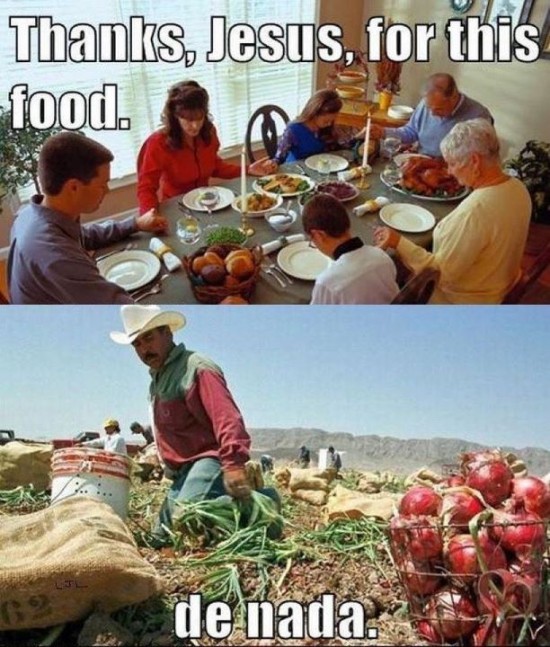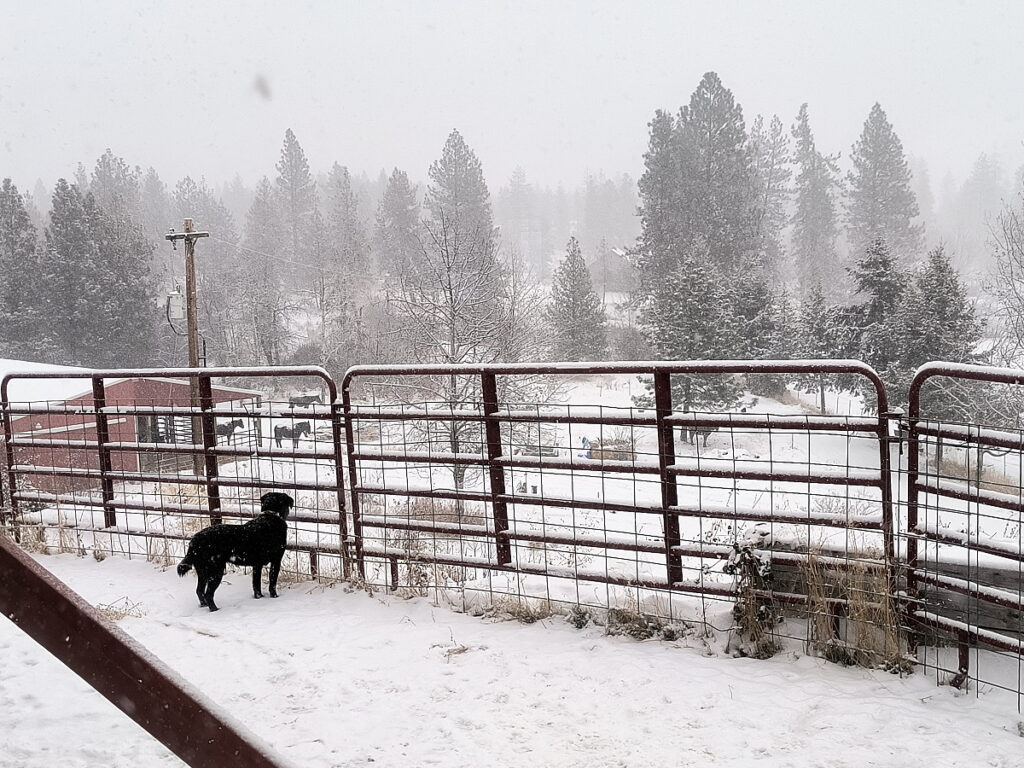The last thing a beginning woodworker needs is a shop full of machines. Table saw, bandsaw, jointer, thickness planer, drill press, track saw, sliding miter saws, power routers and shapers, dust collection…you’re looking at thousands of dollars, noise, mess, danger, and possibly expensive electrical upgrades.
After you acquire and set up machines, after spending all that money and effort, you learn that they limit what you can do. The majority of Woodsmith projects are jigs, shop and tool modifications, and safety hacks. They’re useful, but I think it’s a lot of time and work that could be avoided by using a few basic hand tools, and developing a few basic skills. Most of the time hand tools are more efficient than machines. One example: it drives me nuts when a lesson is about cutting a couple of small pieces with table saw. By the time you build or find your jig and set it up you could have cut a dozen pieces with a hand saw, safely.
Some people love noisy messy dangerous machines. If that is your preference, I’m fine with it. Everyone should do what they enjoy. I grew up using power equipment, it’s what everyone I knew used, and it’s what I saw on TV, particularly the New Yankee Workshop with Norm Abrams.
I became interested in hand tools when I was researching workbench designs. I used to build a basic mechanic’s workbench, which is a 24″ x 96″ bench with a lower shelf and a mechanic’s iron vise. This is a good general-purpose design, but for fine woodworking there are better designs, and especially better vises. This led me to The English Woodworker, Lost Art Press, and Paul Sellers. (Yes, I used to watch Roy Underhill’s The Woodwright’s Shop, but for whatever reason it was more entertainment than teaching to me.)

The English Woodworker, Lost Art Press, and Paul Sellers are my absolute favorite hand tool woodworking teachers. They’re all woodworkers who make a living from fine woodworking. None of them accept sponsorships. You will find a lot of woodworking gurus who rely on sponsorships. They’re good teachers, but you know the old saying, “The one who pays the piper calls the tune.” Or the golden rule, the one with the gold makes the rules.
I like the peace and quiet, not needing a large space to house equipment, and especially not needing a big expensive dust collection system. Power equipment kicks a huge amount of high-speed sawdust particles into the air, and these particles are bad for our lungs. When I’m geared up with eye, hearing, and breathing protection I’m uncomfortable and isolated. More than half of people wear glasses, yet it is still hard to find safety gear that takes glasses into account.
I’ve always been good with my hands, so the idea of developing hand tool skills instead of trying to make machines do what I want was appealing. I like having more space for projects and materials rather than machines. It is tremendously satisfying in a way that the machines never were.
What Makes Hand Tool Woodworking Fun?
The big secret to having a satisfying experience with hand tool woodworking is sharpness. The most essential skill is learning to keep your tools sharp. Forget everything you see about sharpening, all the expensive machines and crazy complicated stuff. All you need are a few sharpening stones and bit of practice.
Basic Hand Tool Kit
Where do you start with hand tool fine woodworking? That depends on what you want to make. It is easy to get sucked into wanting the best tools because you appreciate good tools, and you think the best tools will make you a better woodworker. I am a total tool nerd. I love good tools for themselves, even though I have no practical use for them. Stay focused on what you want to make, and then you will make wiser tool purchases.
There are different types of woodworking, so let’s take a quick look at those.
Carpentry, Carving, Furniture, Cabinets, Arty Stuff
The tools and machines, and the lumber and building materials you see at the big box stores are meant for the building industry, such as fencing, houses, decks, and outbuildings. Carpentry is a skilled profession, and it is different from fine woodworking. Tolerances are more generous, for example when you’re framing a house you don’t need extreme precision. You can be off by as much as a quarter inch in any dimension and usually it won’t matter. When you open a wall or floor don’t be surprised by what you find, such as shims and crude repairs. They work. Drywall, door and window trim, and baseboard trim hide a multitude of gaps and mis-matches.
Wood carving is awesome fun. Wood carving requires its own set of specialized tools, though you can do a lot with a couple of basic knives.
Building furniture, cabinetry, and smaller doodads like boxes, step stools, drink coasters, lamps, and whatever cool creative items you dream up can all be built from a similar set of basic tools.
Now What?
Come back for Part 2 to learn about basic kits for the different types of woodworking.

